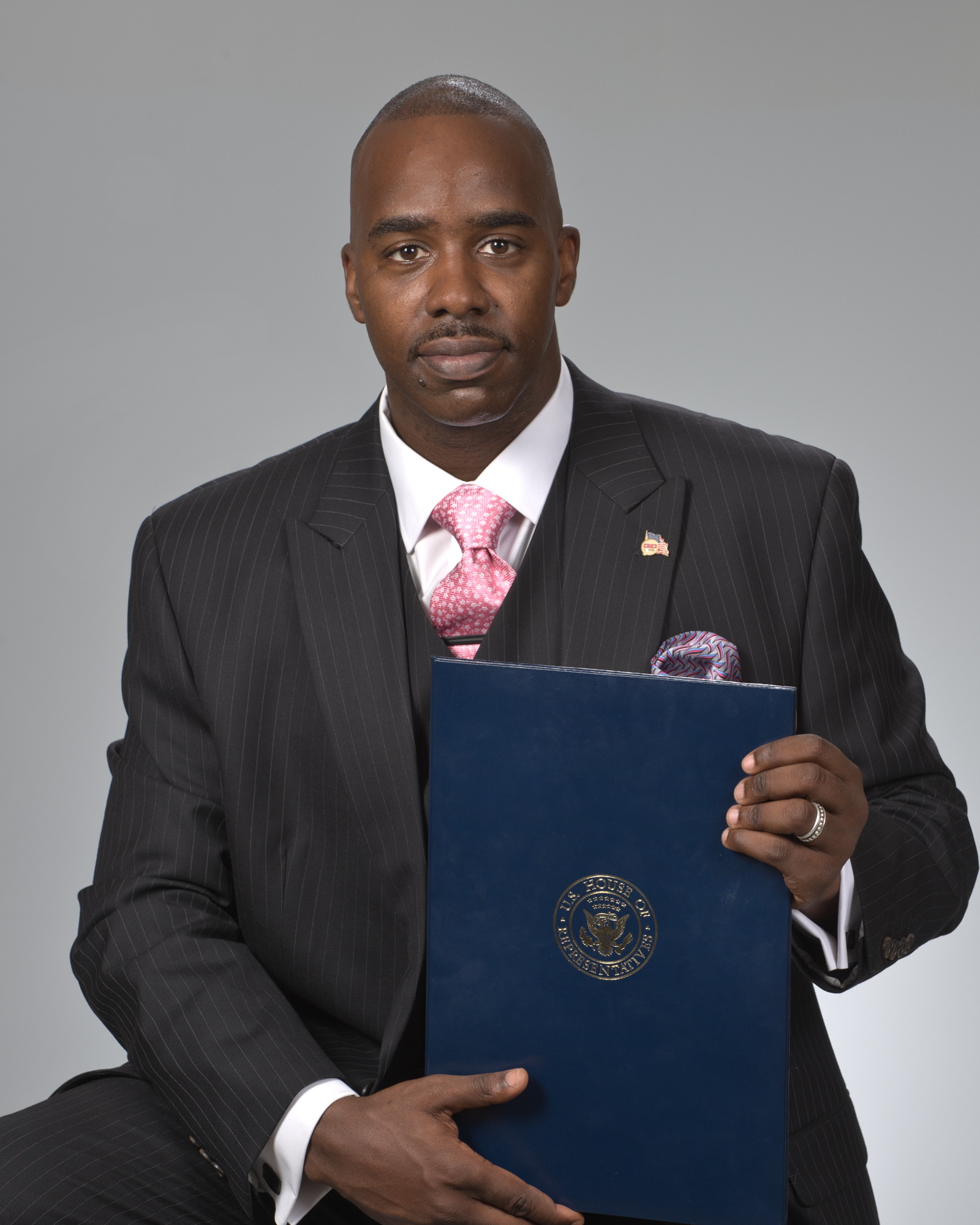What, in your view, is a sacrifice? Is it a tithe, or an offering? Is it a shout or a testimony? Is it the giving of time or talent? I have seen all these things in the church; I have done all these in my church. I can attest that any of these things can be a sacrifice; I am also a witness that none of them necessarily are sacrifices. The issue is the cost to the one who “sacrifices.”
Regarding sacrifices, the question is not “What did you give?” but rather “What did you give up?” Recall this:
Mark 12:41-44 KJV And Jesus sat over against the treasury, and beheld how the people cast money into the treasury: and many that were rich cast in much. (42) And there came a certain poor widow, and she threw in two mites, which make a farthing. (43) And he called unto him his disciples, and saith unto them, Verily I say unto you, That this poor widow hath cast more in, than all they which have cast into the treasury: (44) For all they did cast in of their abundance; but she of her want did cast in all that she had, even all her living.
Above, the one who gave the least was the only one who made a sacrifice.
As as aside, I point out that some treat sacrificial offerings to God as a payment that affords them a free sin pass. Some believe that a sacrifice can divert God’s attention while they ponder doing what they know would offend Him. Others, believe God is appeased with a sacrifice, consistent to what appears in the Old Testament
However, each of those views is at least somewhat flawed. There is no sacrifice a man can offer and “bank” against sins he has yet to commit; there is no “pre-payment” for sin. Also, God cannot be bribed into looking the other way while a man sin; there is no “sin pass”. Finally, while the blood sacrifices of Temple worship could cover sin, it only did so for those whose sin was not intentional.
Without the right attitude toward sin, a material sacrifice is nothing more than giving stuff away. It is imperative that no man forget, The sacrifices of God are a broken spirit: a broken and a contrite heart, O God, thou wilt not despise. (Psalms 51:17 KJV)
A sacrifice should be uncomfortable to give, acknowledging the discomfort any transgression of His word causes God. However, no one should imagine that a sacrifice, in and of itself, no matter how painful it is to give, will make matters right with God. If a man allows his sin, and his sacrifices for them, to become routine, then he will likely hear what God told Israel:
Isaiah 1:11-14 KJV To what purpose is the multitude of your sacrifices unto me? saith the LORD: I am full of the burnt offerings of rams, and the fat of fed beasts; and I delight not in the blood of bullocks, or of lambs, or of he goats. (12) When ye come to appear before me, who hath required this at your hand, to tread my courts? (13) Bring no more vain oblations; incense is an abomination unto me; the new moons and sabbaths, the calling of assemblies, I cannot away with; it is iniquity, even the solemn meeting. (14) Your new moons and your appointed feasts my soul hateth: they are a trouble unto me; I am weary to bear them.
When God questions the purpose of gifts given to Him, something has gone wrong. When God calls the religious activities of His people iniquity, there is clearly a problem. Simply put, God sees the sacrifice as not having a high enough cost to the one offering it. Of course, I can already here the preemptive protests: “Well, at my church, the Spirit is so high when we worship, we can tell that God is pleased!” “Our praise is so strong that you can feel the Lord’s presence – you know He dwells in the midst of praise!”
To that, I say: the Lord’s presence does not always show the Lord’s pleasure. Sometimes, the Lord appears, not because He is pleased, but because He wants an explanation or, worse, because He is angry. It is as important WHY the Lord appears as it is THAT He appears. Just ask Moses’ sister:
Numbers 12:4-10 KJV And the LORD spake suddenly unto Moses, and unto Aaron, and unto Miriam, Come out ye three unto the tabernacle of the congregation. And they three came out. (5) And the LORD came down in the pillar of the cloud, and stood in the door of the tabernacle, and called Aaron and Miriam: and they both came forth. (6) And he said, Hear now my words: If there be a prophet among you, I the LORD will make myself known unto him in a vision, and will speak unto him in a dream. (7) My servant Moses is not so, who is faithful in all mine house. (8) With him will I speak mouth to mouth, even apparently, and not in dark speeches; and the similitude of the LORD shall he behold: wherefore then were ye not afraid to speak against my servant Moses? (9) And the anger of the LORD was kindled against them; and he departed. (10) And the cloud departed from off the tabernacle; and, behold, Miriam became leprous, white as snow: and Aaron looked upon Miriam, and, behold, she was leprous.
But I digress – back to the topic.
When a man offers anything to the Lord, it is the Lord’s decision whether the offering is an acceptable sacrifice:
1 Samuel 15:22-23 KJV And Samuel said, Hath the LORD as great delight in burnt offerings and sacrifices, as in obeying the voice of the LORD? Behold, to obey is better than sacrifice, and to hearken than the fat of rams. (23) For rebellion is as the sin of witchcraft, and stubbornness is as iniquity and idolatry. Because thou hast rejected the word of the LORD, he hath also rejected thee from being king.
God desires the sacrifices He prescribes, not simply what people are willing to offer. Obedience, an acceptable and prescribed sacrifice, has a high cost – a man’s will is precious to him. To heed God’s word is also an expensive sacrifice, costing a man his unfettered ability to rule himself. Not only are these sacrifices very expensive, they are also more personal items than a ram, goat, bull, or a check. When these are given to God, God is receiving a part of the person, not just something that was in their possession.
But there is another issue here. Saul wanted to sacrifice to God things he should never have had – the belongings of the Amalekites. The strange thing to me is, since God had already commanded that those things be destroyed, that Saul would believe God would accept them as sacrifices.
What seems valuable to you is not always valuable to God, and He may not accept it if offered. God wants YOUR good things as sacrifices, not what you’ve stumbled upon that belonged to someone else. I think of the person who finds money on the street and, instead of trying to return it to the rightful owner, seeks instead to put it in an offering envelope or, worse yet, seeks to give all or part of it as a tithe. This should never be:
2 Samuel 24:22-24 KJV And Araunah said unto David, Let my lord the king take and offer up what seemeth good unto him: behold, here be oxen for burnt sacrifice, and threshing instruments and other instruments of the oxen for wood. (23) All these things did Araunah, as a king, give unto the king. And Araunah said unto the king, The LORD thy God accept thee. (24) And the king said unto Araunah, Nay; but I will surely buy it of thee at a price: neither will I offer burnt offerings unto the LORD my God of that which doth cost me nothing. So David bought the threshingfloor and the oxen for fifty shekels of silver.
The spoils of a war God fought for you, found money, spare time, clothes that no longer fit or were never worn or have fallen out of favor – none of these qualify as sacrifices. What did they cost you? How will you be adversely affected if you give them away?
What must happen, should anyone wish to offer a sacrifice to God, is what they give must impact their lives, not allow it to continue in the same way as it would were nothing given. In the Old Testament, with Israel being a nation of farmers and herders (and there were no John Deere tractors rollin’ through Israel), giving up a healthy, unblemished animal to God was a sacrifice. Instead of getting income, work, or even food from that animal, the owner instead simply watched it go up in smoke. If the sacrifice was to address some transgression, that sin now had a tangible cost.
Sacrificing to God remains an important part of maintaining faith in Him. However, in an increasingly disposable society, finding acceptable material sacrifices is increasingly difficult to do. Still, sacrifices must have a cost to the one offering them; shouts on Sunday, spare time, spare time, or spare change is not always enough. I do not advocate anyone quit their job or give up their car to make a sacrifice worthy of God; if the spirit is not broken and the heart not contrite, then it would be meaningless anyway.
However, when God has moved upon you to sacrifice, it needs to sting down here so you might, Set your affection on things above, not on things on the earth. (Colossians 3:2 KJV) It needs to be uncomfortable, so that being apart from Christ is too harsh a state in which to remain. It needs to be expensive, so a man can say, without hesitation, that he has placed a greater value on eternal life than the one he lives on the earth. Finally, it needs to be of those things that are truly his, so that the cost of the sacrifice is paid by the one who needs God’s grace, and is acceptable to the One Who is rich in mercy.




